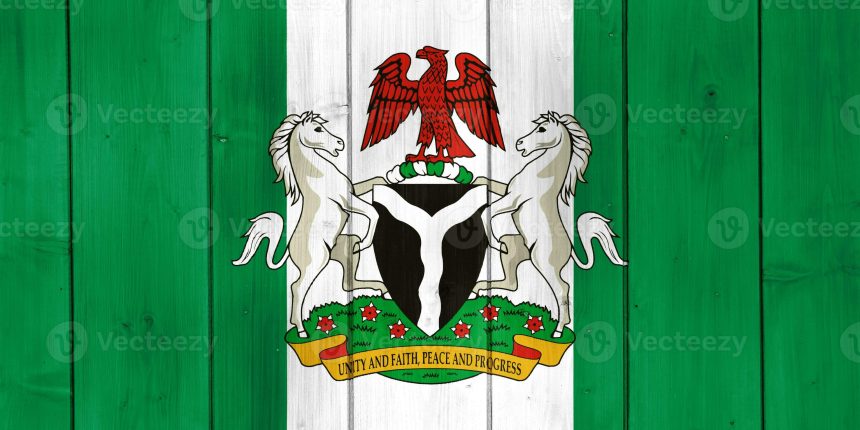
Nigeria’s naira extended its losing streak to five days, reaching a new low of 1,577.29 per dollar on Monday, despite Central Bank of Nigeria’s (CBN) interventions. The naira’s value has dropped by 70% since exchange-rate controls were eased last year.
Key Points:
- CBN sold $122.7 million to local currency dealers on July 10-11, but analysts say it’s insufficient to meet domestic demand for dollars.
- Large portfolio and capital inflows are needed to stabilize the naira, according to Samir Gadio of Standard Chartered Plc.
- CBN’s efforts to drain liquidity and tighten monetary policy have been acknowledged, but more patience is required.
- Foreign exchange reserves have increased to $35 billion, the highest since May 2023, thanks to World Bank and African Export-Import Bank loans.
- Pressure on the naira is attributed to corporates and individuals preparing for foreign vacations, according to Omobola Adu of BancTrust & Co. Investment Bank.
- Boosting FX supply through eurobond or local dollar bond sales and increased support from multilateral institutions could help alleviate pressure on the naira.
Market Performance:
- Naira is the second-worst-performing currency globally, after the Lebanese pound, since the beginning of the year.
- Annual inflation rate accelerated to 34.2% in June, potentially leading to another rate hike at the CBN’s next policy decision on July 23.
- Crude oil output increased to 1.5 million barrels per day in June, which could support the naira if sustained.





